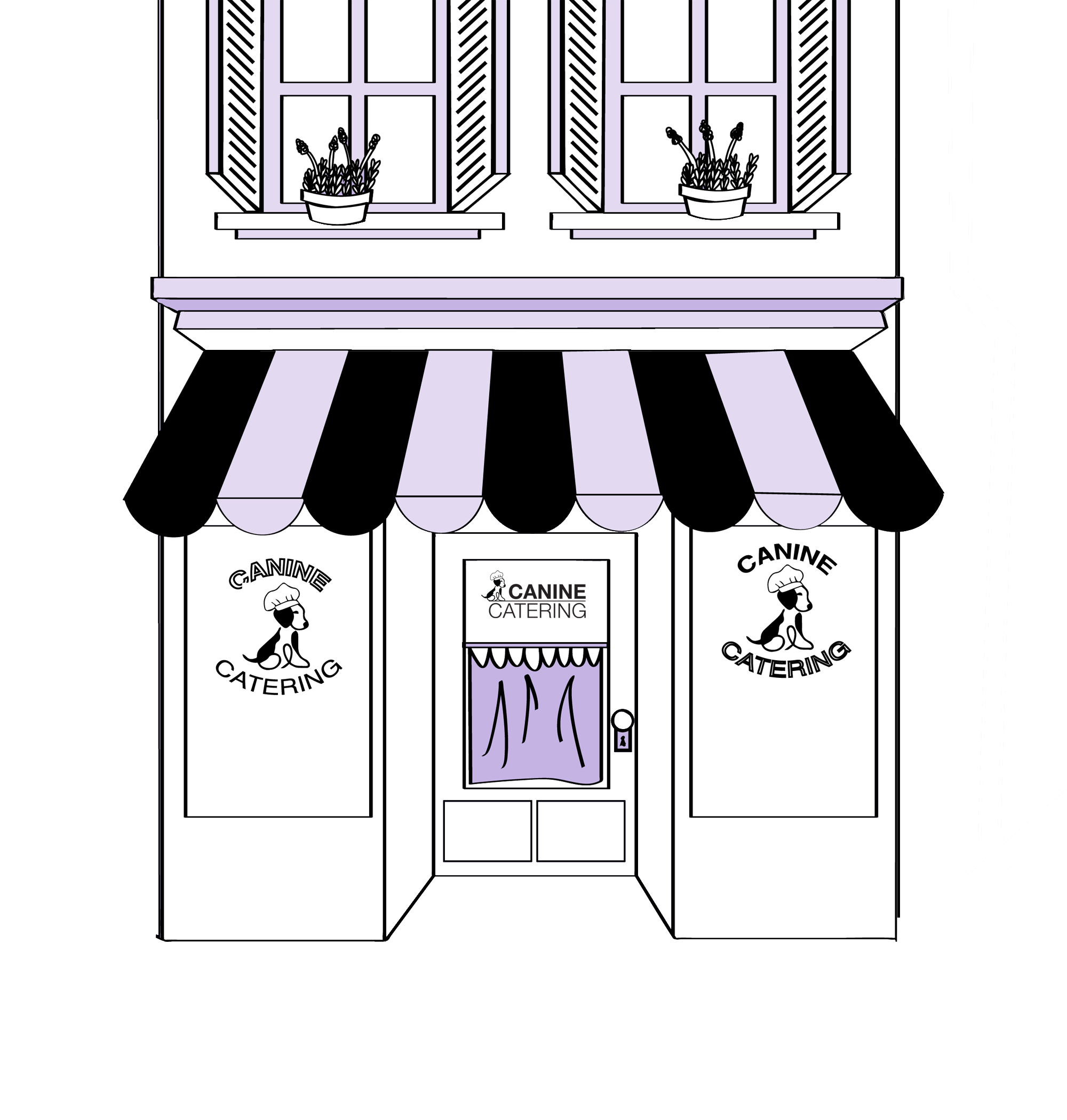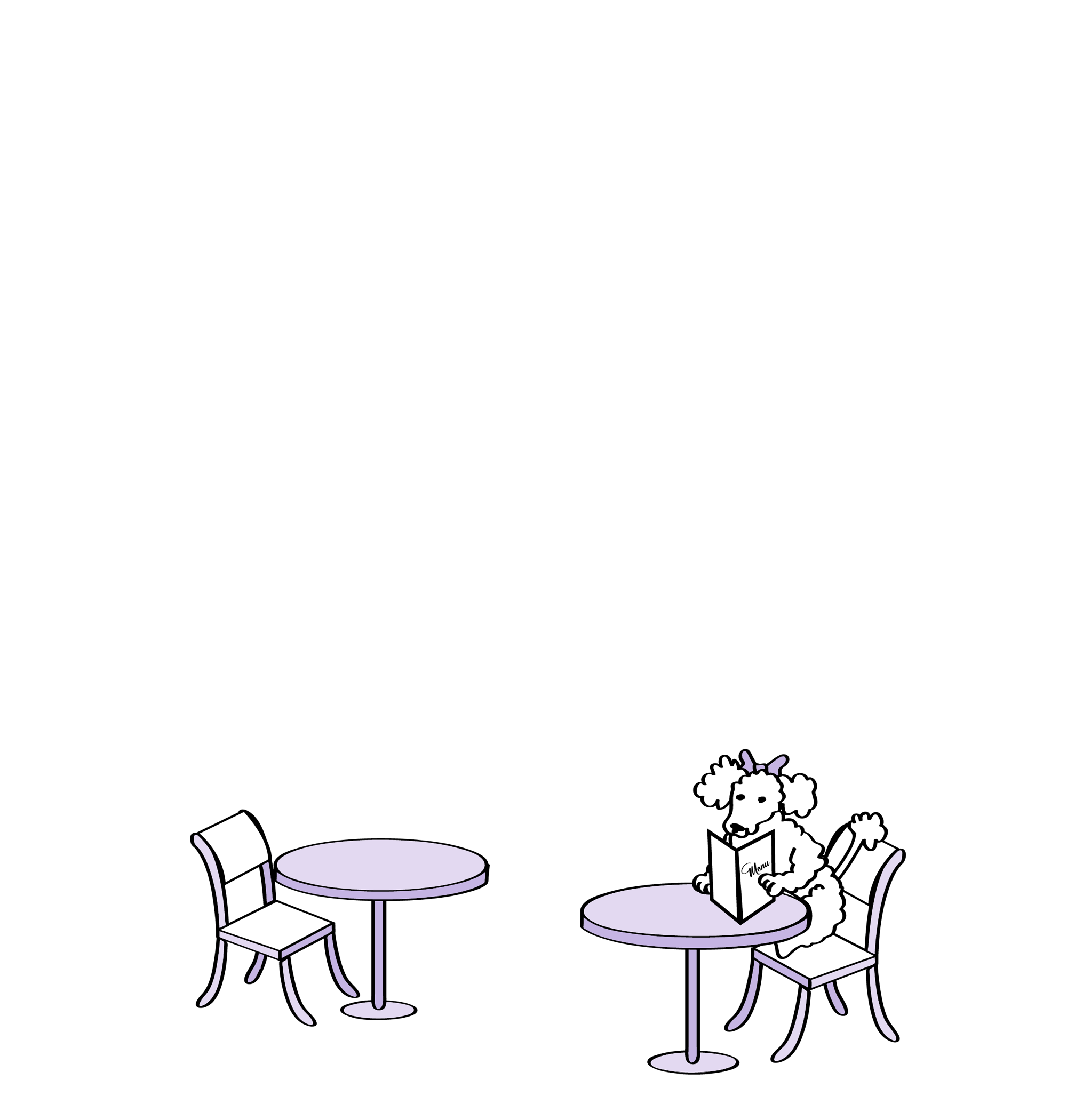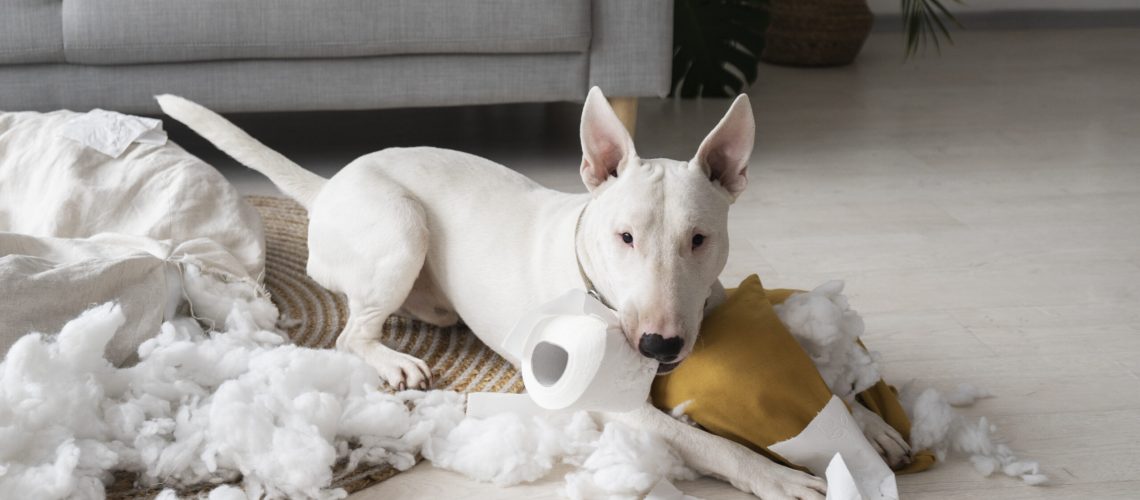Dogs are social animals by nature. Most will be bored and lonely at home all day without company, and for some it will cause anxiety and even panic. The hugely popular Cavoodle is renowned for an enthusiastic, affectionate interest in everything we do. Great company during the Covid years but when their families went back to work, these attention-cravers were suddenly home alone.
What are the signs?
- Calling out. Barking, crying, howling.
- Escape behaviours. Scratching at the front door, pulling the curtain down, digging at the floor.
- Drooling, panting, trembling.
- Tail-biting, circling, pacing, licking their paws a lot.
- Not eating food/treats or playing with toys.
- A toilet-trained dog pooping or pee-ing inside.
- Huge welcome when you get home.
- Following you around a lot when you’re home.
Could it be boredom?
If you can, leave a video camera running while you’re out, so you can review. A bored dog chewing the furniture looks different to a panicked dog chewing the furniture. It’s important to assess the cause, to tailor the correct help for your dog.
If you left food or treats, have they been eaten? A bored dog will usually eat, but a stressed dog won’t.
If there’s damage to the home, is it at exit points, like doors and windows?
Has there been a significant change at home? Such as the death of another pet, or a family member going away. Even relaxed dogs can become insecure at such times.
What helps?
Your dog feels insecure, and needs help to learn that it is safe to be home alone for a while. This may happen quickly, but may likely take your time, kindness and patience for months.
Leave for a few minutes, then come back in. Do this every day. Slowly, as your dog reacts less, build up the amount of time you’re gone. Your dog starts to trust that you will come back.
Acknowledge your dog’s welcome, but don’t go over the top with a big reunion. We’re aiming for the message: This is all normal, it’s no big deal.
Exercise, both physical and mental, is vital. An hour ‘s interesting walk, or playtime at the dog park, can work wonders on mood and stress.
Long-lasting, smelly treats. There are loads of enrichment toys that make it difficult to get a treat out. Or hide treats around your home.
Leave the radio or TV on. Not a suspense thriller though! Many dogs respond to TV shows about dogs, although some can find it confusing, so test one out first.
Play with your dog regularly. Tug-of-war, chasing, wrestling – any game that relaxes and builds trust and joy.
Leave something that smells of you, like an unwashed t-shirt, by your dog’s bed.
Don’t get angry if something has been chewed, or peed on. They won’t make the connection with something they did earlier, and it’ll make things worse. While they’re anxious about you being gone, they’ll also start to get anxious about you coming home.
If you have to be gone for a few hours, consider a dog-walker, pet-sitter, neighbour, trusted someone for company.
If you’re considering getting another dog so they can keep each other company… Some dogs are only people-oriented and get no comfort from another dog’s presence. Others get jealous or feel they have to compete for affection, leading to more anxiety. Getting the right pairing requires careful choice, so it doesn’t complicate the problem.
Consult an expert. Check that they have a positive philosophy about the bond between you and your dog; if they prioritise dominance, it’ll make anxiety worse. Building trust and security is the only way to a confident, relaxed dog.




